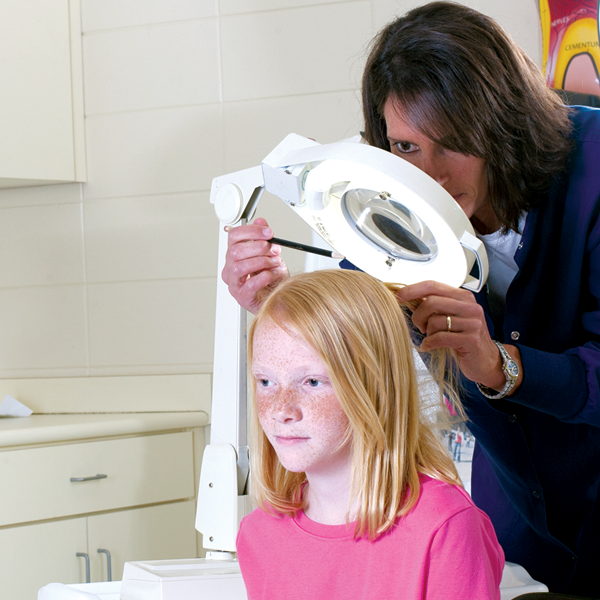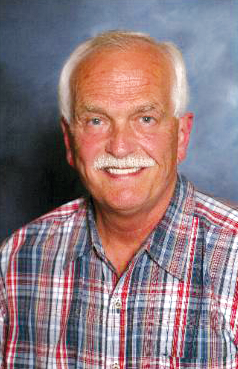Parents Can Help Kids Achieve in School
Did you know that there’s an actual medical diagnosis for “academic underachievement?”
Dr. Michael W. Cater, a CHOC pediatrician, has made this diagnosis occasionally for young patients who have high potential but just don’t do well in school.
Dr. Cater places a high priority on encouraging patients to succeed in school. He says that’s just as important as having a good physical report.






















